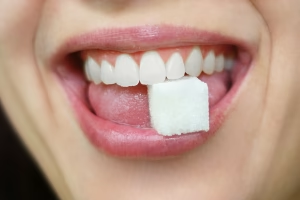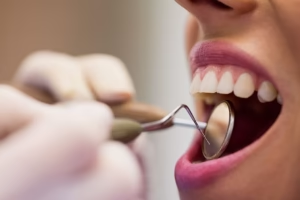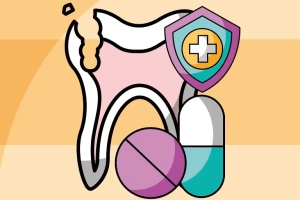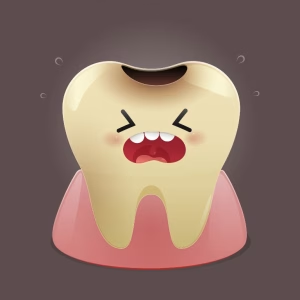5 Unbelievable Health Conditions Your Dentist Can Spot
1 March 2018
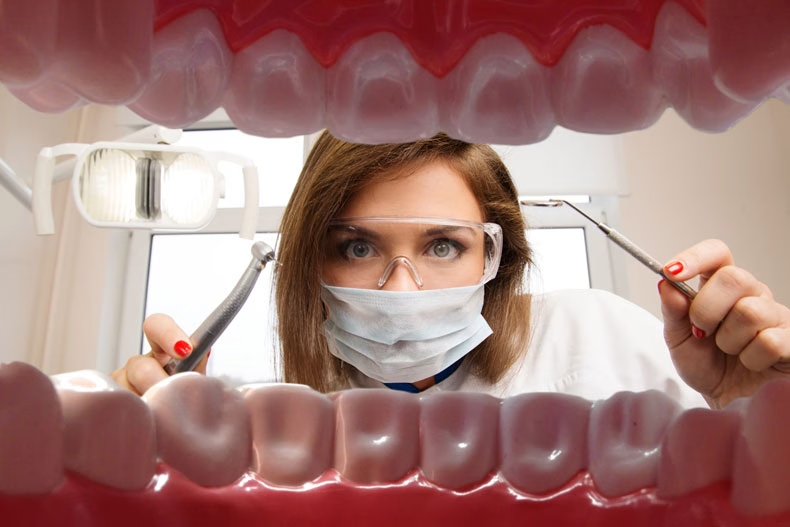
People go to dental checkups, as they want their teeth to be healthy, clean, white and cavity-free. But your mouth can reveal a lot more than cavities. Dentists go beyond just fixing your teeth. They inspect your mouth to detect potential or existing health problems, allowing you to take the necessary steps to prevent or treat them. A routine checkup can reveal problems with your bones, heart, or digestion.
Here are top 5 health issues that your dentist can spot.
1. Oral cancer
We placed this potentially lethal condition at the top of the list. Oral cancer screening is something all dentists do every time you go for a checkup. In case you didn’t notice it, your dentist is always inspecting your mouth. He or she is looking for white or red lesions, painful gums, lumps and thickening of the tissue; they check your lips, tongue and cheeks for sores that don’t heal.
Although some symptoms of oral cancer are easy to notice when the cancer progresses, most people are not aware of the early signs of it. This is why you should never miss a regular dental checkup. If you’re located on the Gold Coast or Brisbane, call us at MGA Dental and schedule your checkup. We’re happy to take you through the screening process.
2. Diabetes
It’s a known fact that people who have diabetes (both type I and II) often suffer from periodontal disease. This includes simple gum inflammation and periodontitis. The latter is a more serious condition that can lead to gum shrinkage and loosening of teeth. If your dentist notices bleeding and sensitive gums, it doesn’t mean that they will immediately send you to test your blood sugar levels.
But, if they notice it takes you more time to recover from gingivitis, if you have frequent swollen gums and abscesses, they will surely recommend a diabetes evaluation. Also, your dentist won’t hesitate to tell you if you have a specific acetone-like breath smell, often found in people with diabetes. This condition is called ketoacidosis and it’s one of the acute symptoms of diabetes. Follow your dentist’s advice and take the blood test as soon as possible.
3. Heart disease
Heart disease is another consequence of gum disease that your dentist can suspect. Gum disease is pretty common – and luckily, easily preventable. But, if it progresses and if the plaque feeding bacteria enter your bloodstream through the damaged gums, you might be in danger.
Dentists cannot have a proper look at your heart, but they can definitely guess whether you’re under the risk of developing a heart condition. And this is all possible to guess just by having a look at the state of your teeth and gums. If dentists notice loosened or missing teeth, with deep gum pockets, they will suspect that bacteria travelled to your heart. This increases your risk of endocarditis (inflammation of your heart’s inner lining), coronary artery disease and clots and plaque in arteries.
4. Osteoporosis
Another condition your dentist can spot is bone density loss, by looking at your X-ray images. You might have had X-ray for abscess or wisdom tooth extraction, and while looking at your images, your dentist can spot one of the main osteoporosis symptoms.
For example, if a patient’s jawbones are not equally dense in the interior and at the edges, it’s likely that they have developed osteoporosis. The thickness of the jawbones, especially in women, is closely related to the density of their spine bones. This means that your dentist can recognize the early stages of osteoporosis and refer you to a physician.
5. Eating disorders
People with eating disorders are usually very good at hiding them. It can take a while for their family, friends and coworkers to realize that they have a problem. Experienced dentists are among the first ones who can notice signs (even the early ones) of anorexia and bulimia.
These disorders cause poor nutrition and the lack of nutrients can reveal itself in a form of bleeding gums and dry mouth. If a person often vomits that also leaves a trace on their teeth. Once dentists see erosion (damaged enamel) on the backside of front teeth, they will first suspect forced vomiting.
If these problems are not dealt with immediately, they can lead to permanent damage to teeth and mouth. You can tell your dentist if you have an eating disorder. They can help by recommending a suitable dental treatment.

